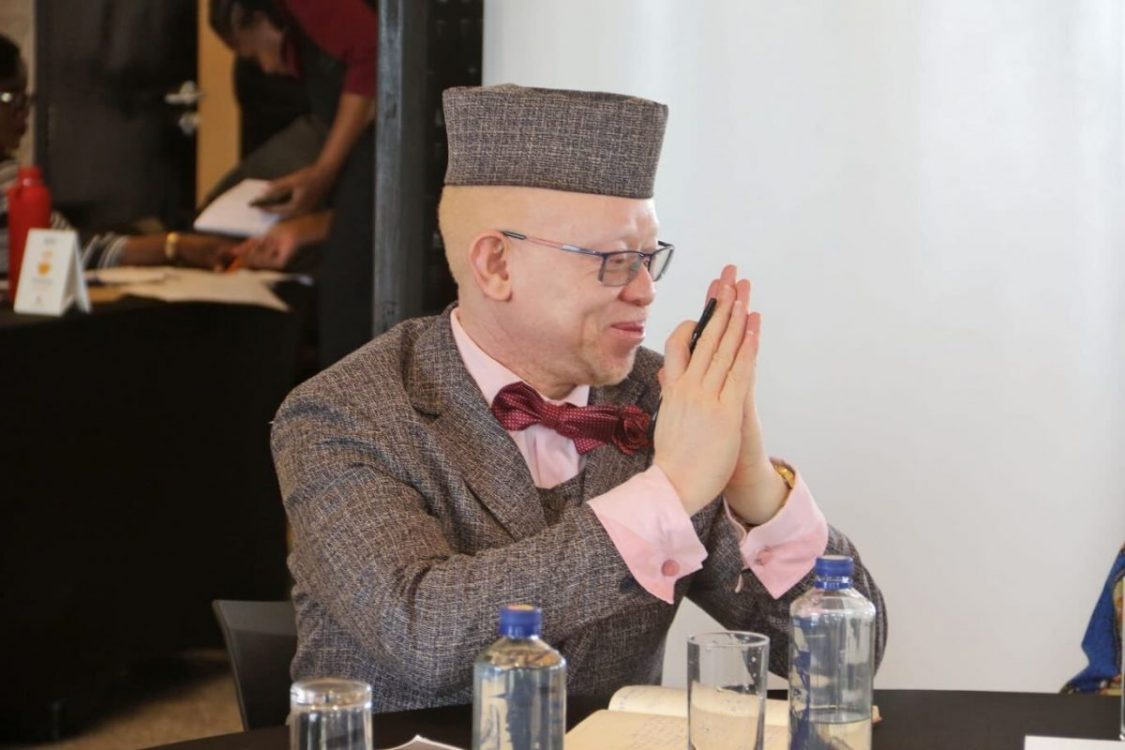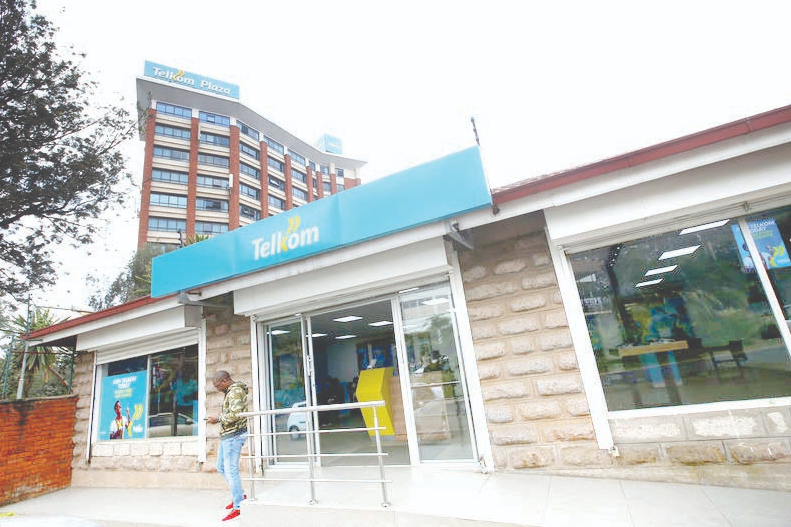Mwaura’s new job a win for the differently abled

The recent Cabinet reshuffle was not exactly a surprise to the discerning. It was long overdue due to the apparent confusion going on in some State departments. Whether it was a case of musical chairs is a story for another day.
What stood out to some though is the appointment of Isaac Mwaura, one of the country’s disability leading lights, as Government Spokesman. Mwaura, who is affected by albinism, is expected to take his advocacy for the rights of disabled people on the seat of power.
From his privileged position, Mwaura is expected to promote innovation and transformative solutions for inclusive development.
These include innovation for disability inclusive development in employment, innovation for disability inclusive development in reducing inequality, innovation for disability inclusive development with sport as an exemplar case of innovation, employment and equity.
Indeed, more awareness is needed for more people to understand the meaning of disability, and the impact it will soon have on the country as the numbers of People with Disabilities (PWDs) increase. There is still a lot of misunderstanding and stigma about disability, which has negatively affected the lives of PWDs and hampered their contribution in national development.
According to the UN, disability is a condition or function judged to be significantly impaired, relative to the usual standard of an individual of their group. The term is often used to refer to individual functioning, including physical, sensory, cognitive and intellectual impairments, mental illness, and various types of chronic disease.
PWDs have generally poorer health, lower education achievements, fewer economic opportunities and higher rates of poverty than people without disabilities. Basically, this is due to the often times personal and institutional challenges they undergo due to lack of customised services.
PWDs face many obstacles not just related to the physical environment, but also those that result from lack of legislation or policy, including societal attitudes and discrimination.
In Kenya, PWDs are protected in the Constitution under the Persons with Disabilities Act No. 14 of 2003. Among others, the Act spells out the mandate of the National Council for Persons with Disabilities, and the rights and privileges of PWDs. In essence, the Act aims at creating an enabling environment for the rehabilitation of PWDs, and equalisation of opportunities for them.
PWDs have come a long way. Over the years, attitudes have changed and society now views people with challenges with more understanding, than with helpless pity. People have realised that those without the use of some of their faculties could be genius in other areas of their lives.
By law and in principle, PWDs are receiving the necessary help they need both at social and professional levels. There is still more work to be done though. Like other vulnerable people for PWDs to feel fully empowered.
Personally, I empathise with the plight of PWDs. My 13-year-old son has been living with autism since he was diagnosed with the condition three years ago. Taking care of him every day as he struggles with milestones other parents and children take for granted has been challenging, albeit enlightening experience.
Even now he is still non-verbal and has to be helped to perform some tasks that children of his age perfected many years ago. He cannot read and write, shower himself, among several other tasks that children of his age perform as a matter of course.
I am not complaining though. I have never taken it as a curse or atonement for sins that I might have committed. No one deserves to be born with a disability. That is God’s plan. However, by trying my best to show my autistic son utmost love and care, I believe it serves as an example to his siblings in case they sire a child with any disability in future.
— The writer is a PhD candidate in International Relations












